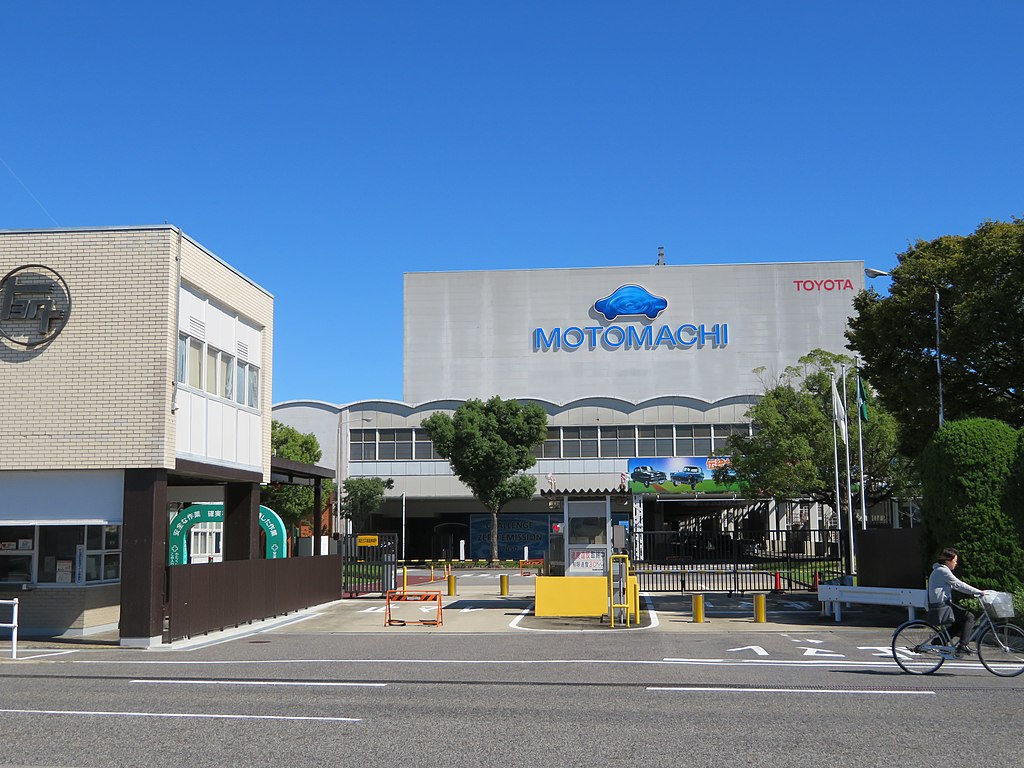Japan Investing $2.4B to Boost EV Battery Production Capacity
On September 6, 2024, the Japanese government announced plans to increase subsidies for electric-vehicle (EV) battery production, committing up to $2.4 billion in support for projects led by Toyota Motor and other major companies. This move aims to bolster Japan’s domestic battery supply chain amid the global race to secure critical resources and dominate the EV market. The subsidies are intended to help Japan reduce its reliance on foreign battery suppliers, particularly from China and South Korea, while supporting key industries in the transition to cleaner energy.
This financial boost reflects the Japanese government’s commitment to promoting the development of advanced battery technologies, expanding domestic production capacity, and maintaining competitiveness in the global EV sector. In addition to Toyota, other companies involved in this initiative may include suppliers of battery materials and manufacturers of EV components.
The investment aligns with Japan’s broader strategy to achieve carbon neutrality by 2050 and position itself as a leader in EV technology, supporting both economic growth and environmental sustainability.

Japan’s government has committed to supporting 12 projects related to storage batteries, including those focusing on battery parts, materials, or production equipment, with subsidies of up to 350 billion yen ($2.44 billion). This initiative, announced by Minister of Economy, Trade and Industry Ken Saito, is part of Japan’s broader strategy to strengthen its battery supply chain as electric vehicles (EVs) become increasingly crucial to global markets.
“We hope that these efforts will strengthen Japan’s storage battery supply chain and the storage battery industry’s competitiveness,” Saito said.
Japan’s government-backed initiative is expected to significantly increase the country’s annual production capacity for storage batteries, boosting it by around 50%—from 80 gigawatt-hours (GWh) to 120 GWh.
The government’s support extends to investments by key players such as Toyota and Nissan Motor, as well as joint ventures involving Panasonic Holdings’ energy unit, Subaru, and Mazda Motor. By backing these projects, the Japanese government aims to ensure the competitiveness of its domestic battery industry while fostering innovation and collaboration within the EV sector.
Japan’s latest commitment to bolster electric vehicle (EV) battery production comes on the heels of previous government efforts, including nearly $1 billion in subsidies pledged in June 2023 and an initial batch of subsidies rolled out in April 2023.
Toyota Motor will play a central role in this effort, with plans to invest approximately 245 billion yen (about $1.7 billion) alongside its battery subsidiaries, Prime Planet Energy & Solutions and Primearth EV Energy. The investment will increase Toyota’s production capacity for both solid-state and prismatic batteries by an additional 9 GWh.
The first supply of these advanced batteries is expected to begin in November 2026, with the company planning to build new battery plants in Hyogo and Fukuoka prefectures, according to reports from the Yomiuri newspaper. Solid-state batteries, in particular, are seen as a key future technology due to their potential to offer longer range, faster charging times, and improved safety compared to traditional lithium-ion batteries.
Toyota confirmed that Japan’s Ministry of Economy, Trade and Industry had certified its development and production plans for next-generation and solid-state batteries. However, Toyota did not disclose specific details regarding its investment amount or new plant locations in its official statement.
Nissan also received government certification for its plan to produce lithium-iron-phosphate (LFP) batteries. The company aims to begin installing these LFP batteries in its mini-vehicles starting in the 2028 business year. Nissan is targeting a domestic production capacity of 5 GWh per year for these batteries and will receive up to 55.5 billion yen (approximately $380 million) in government support for the initiative. LFP batteries are known for being cost-effective and durable, making them a practical choice for smaller, budget-friendly EVs.
Battery expert Jill Pestana, Founder and CEO of Pestana Solutions, said: “The production of LFP battery cathodes, alongside nickel-based cathodes such as NCM or NCA, serves to broaden and fortify the battery supply chain, while simultaneously reducing dependence on critical minerals like nickel and cobalt. This strategic diversification not only enhances supply chain resilience but also mitigates the geopolitical and economic risks associated with the sourcing and availability of these finite materials.”
Panasonic’s energy unit, known for producing batteries for Tesla, and Subaru have announced plans to establish a new battery plant in Gunma Prefecture, north of Tokyo. This plant will focus on supplying cylindrical lithium-ion batteries, with production set to begin in the 2028 business year. Additionally, Panasonic Energy will supply Subaru with similar batteries from its Osaka plant starting in the 2027 business year.
The total investment for the Gunma plant will be 463 billion yen (approximately $3.2 billion), targeting an annual production capacity of 16 GWh by 2030. In addition, the Osaka plant will supply an additional 4 GWh per year.
In a separate venture, Panasonic Energy will also produce EV batteries at its Suminoe and Kaizuka plants in Osaka for Mazda. Starting in 2027, Mazda will package these batteries for use in its electric vehicles.

Electric Vehicle Marketing Consultant, Writer and Editor. Publisher EVinfo.net.
Services